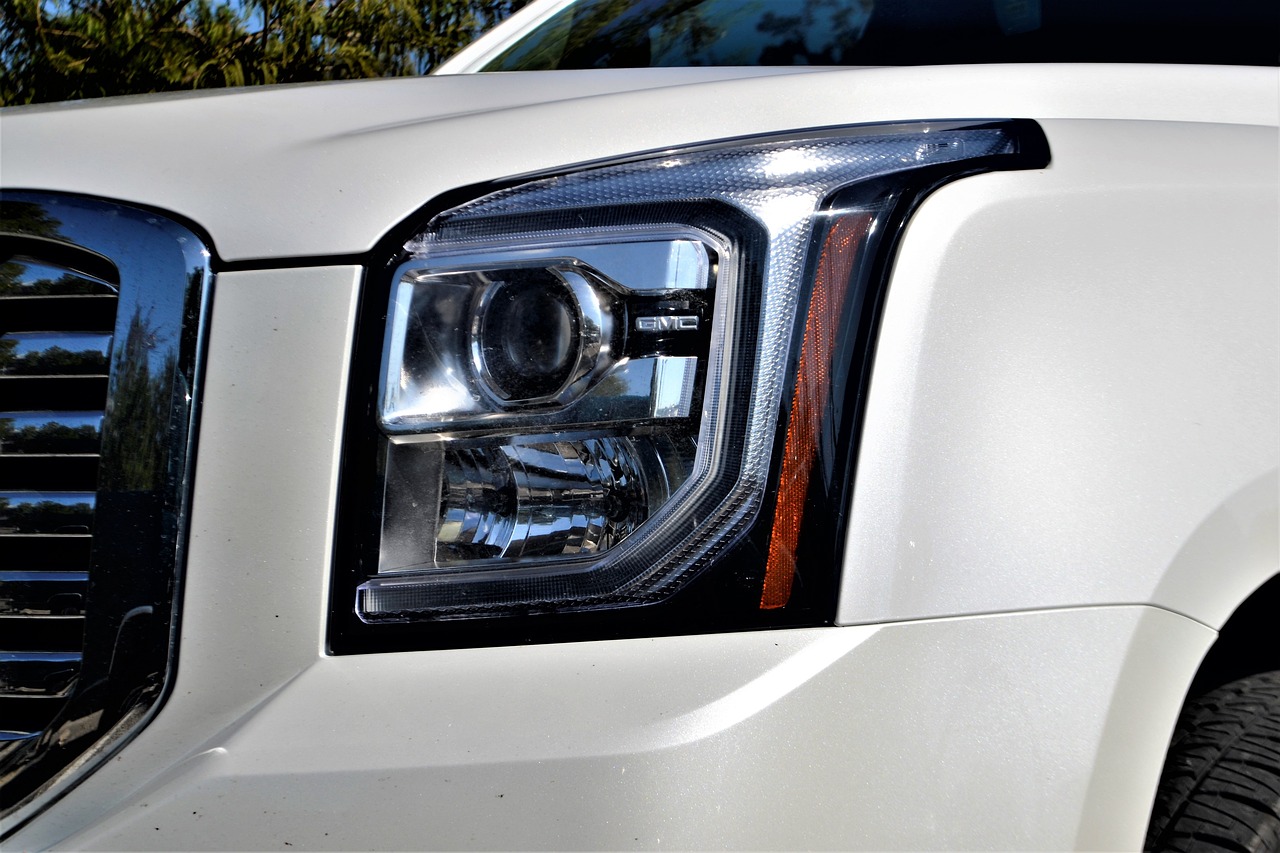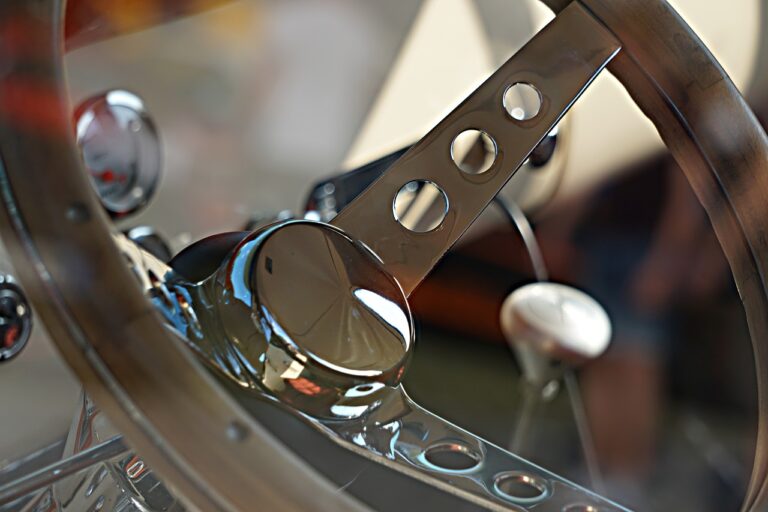The Impact of Auto Industry Disruptions on Dealership Customer Service Models
Technological advancements have revolutionized the way customer service is delivered in dealership settings. With the integration of advanced tools and systems, dealerships can now provide more personalized and efficient services to their customers. From online appointment scheduling to virtual vehicle tours, these technologies have enhanced the overall customer experience.
Moreover, the use of data analytics and customer relationship management (CRM) systems has allowed dealerships to gain valuable insights into customer preferences and behaviors. This enables them to tailor their services accordingly and offer targeted solutions to meet the specific needs of each customer. As a result, technological advancements have not only streamlined processes within dealerships but have also improved customer satisfaction and loyalty.
Shifts in Consumer Behavior Driving Changes in Auto Dealership Service Models
Consumer behavior in the auto industry has been rapidly evolving, prompting significant changes in dealership service models. Gone are the days when customers relied solely on in-person interactions at the dealership; now, they expect seamless online experiences and personalized service. This shift has led dealerships to invest in digital platforms, such as online vehicle customization tools and virtual test drives, to enhance the overall customer experience and cater to changing preferences.
Moreover, consumers today place a high value on transparency and convenience when interacting with dealerships. They demand easy access to information, competitive pricing, and efficient processes throughout their car-buying journey. As a result, many dealerships have introduced online appointment scheduling, transparent pricing models, and streamlined service operations to meet these evolving expectations and stay competitive in the market.
Challenges Faced by Dealerships in Adapting to Industry Disruptions
Dealerships are currently grappling with the rapid changes brought about by industry disruptions. One major challenge faced by these establishments is the need to incorporate new technologies seamlessly into their operations. With the rise of digital platforms and the shift towards online interactions, dealerships must find ways to integrate these tools while maintaining a strong focus on customer service.
Another obstacle that dealerships are encountering is the evolving consumer preferences and expectations. As buyers become more tech-savvy and accustomed to personalized experiences, dealerships are under pressure to provide tailored services and streamline their processes. This shift requires a fundamental reevaluation of traditional business models and a willingness to adapt to the changing landscape of the automotive industry.





